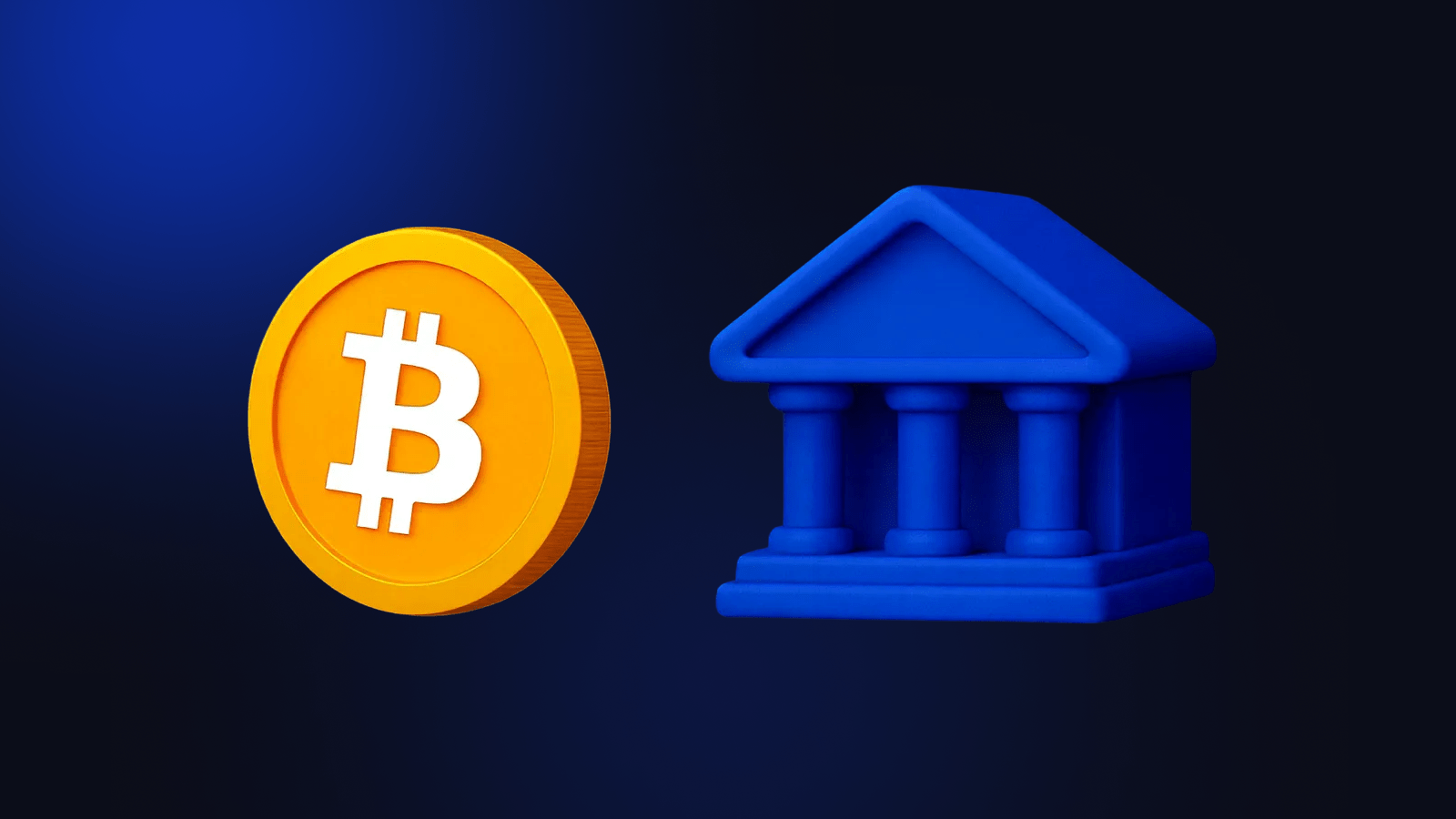Smart Contract Examples: 7 Interesting Use Cases

A smart contract is a revolutionary technology that can severely disrupt many major industries. The industries that depend on intermediaries to bridge trust between the sellers and the buyers are the prime examples of industries that could be affected by smart contracts.
Nick Szabo was the first person to describe smart contracts in 1996. He is a cryptographer and computer scientist. Nick released several publications on smart contracts after reworking on the concept multiple times. However, smart contract technology wasn't put in use until the introduction of the first cryptocurrency in 2009.
How Does a Smart Contract Work?
A smart contract is a block of code that is capable of self-execution within a contract and delivers the outcome once the preset conditions are met. The code helps facilitate, verify, and enforce the preset conditions required to fulfill the contractual obligations across two or more parties.
It allows users to exchange anything regardless of its value effectively without the need for a middleman. It also keeps the exchange of goods or services completely fair and conflict-free as the contract will only execute once both parties do their part and fulfill their contractual obligations predefined in the smart contract.
Let's explore some of the smart contract examples to know more about the technology.
Smart Contract Examples
#1. DeFi
The finance sector is one of the key industries that will benefit immensely from smart contracts. The blockchain technology will help save more than $22 billion by 2022, as per Santander Innoventures.
Most of the savings will come from the automated approvals and clearing calculations. Currently, these are very time consuming and labor-intensive processes. It will also result in a dramatic reduction of errors and time taken in calculations that take place during the process.
#2. Real Estate Sales
Real estate deals are usually time-consuming and require lots of paper-work to complete the deal. A seller who owns a real estate usually hires a real estate agent to see through the sales process as otherwise, they would have to do lots of time-consuming work by themselves.
The agent also provides an escrow account to facilitate the exchange of funds after the sale process is completed. Once the sales process is completed, the real estate agent takes a cut of 5% to 8% from the owner of the real estate. This is a considerable amount of money for the owner that they will have to give to the real estate agent as commission.
A smart contract can be a perfect fit for situations like this as it doesn't charge an exorbitant amount of commissions and also provides escrow services to hold the funds until the sale is completed. On top of that, the transaction is verified by many users and hence, a 100% faultless delivered is guaranteed.
#3. Healthcare Records
Healthcare records can benefit tremendously from smart contracts. There are millions of patient records that are stored across the healthcare computer systems. The global health organizations spend billions of dollars to store and keep healthcare data of patients secured. However, the current model for storing healthcare data is not as secured as a blockchain-based storage system.
Smart contract technology can keep the data secured through encryption of the entire database of health records. The technology also comes with a private key without which no individuals can gain access to the database.
#4. Insurance
Smart contracts could be game-changer for the insurance industry as it could be useful for initial insurance policy support along with the insurance claim processing. It could calculate the payout that needs to be disbursed to policyholders after taking into account the preset criteria and the type of insurance policy that an individual or organization holds. It will reduce the average time of claim processing, the number of errors, and associated costs for the insurance industry.
In the future, smart contracts can be deployed along with other technologies like the Internet of Things (IoT) to offer vehicle owners to purchase pay-as-you-go insurance policies. It will also allow instant activation of claims after an accident.
#5. Medical Research
Just like the healthcare industry, the medical research industry could be severely benefited from smart contract technology. The medical research industry handles lots of sensitive private data of patients that they need to share across multiple departments.
The patients that participate in medical research usually demand to keep their data private and in this case, it is very important to keep their records secure. They could implement smart contracts to ensure the safe and secure transfer of data through encryption via blockchain technology.
In addition to patient data, medical research companies also handle lots of sensitive information about the test results and newly created drug formulas. They could implement smart contracts before divulging any of their sensitive data to a third party to ensure that there is no data breach.
#6. Peer-to-Peer Transactions
Peer-to-peer transactions are one of the most widely use cases of smart contracts. There is a wide range of possibilities involving smart contracts and peer-to-peer transactions.
Users can create and agree on smart contracts using platforms like Ethereum. The contract remains active until all the involved parties meet their contractual obligations. Once contractual obligations are met, the smart contract initiates the rest of the portion of the agreement.
Smart contracts could essentially replace many of the current uses of fiat currencies through its implementation in peer-to-peer transactions space.
Learn more about peer to peer transactions and the benefits of peer to peer lending.
#7. Authentication of Original Products
Counterfeit goods are a real headache for many industries and hold a huge market size in their own right. A few reports have quantified the counterfeit goods market and have valued it at over $300 billion.
A smart contract can help many companies in the authentication of their original products. A system can be implemented as the data once stored in the blockchain cannot be tampered with and thus, it is easy to prove which products belong to the company and which doesn't. It will also help the customers as smart contracts will ensure that the products purchased by them are authentic and not perfectly copied version of the original one.
Bonus: Gaming
Gaming usually doesn't find mention among the industry that will benefit immensely from smart contracts. However, the gaming industry will see lots of positive changes if they implement smart contracts.
The gaming industry will benefit from faster financial transactions and a huge reduction in fees after the implementation of blockchain and smart contracts. Smart contracts can allow multiple payment options to the gaming community. It not only allows a player to player transactions but will also include transactions between players and the game developers.
Further, the rise of non-fungible assets allows users to uniquely own in-game items such as skins, weapons, or other types of in-game items. Eventually, it even allows to create an inter-game economy where skins and weapons can be interchangeably used between different games.
Conclusion
Smart contract technology is still in nascent years and it will keep seeing wide adoption across many industries. There are lots and lots of smart contracts examples as smart contracts have immense potential. We expect smart contract technology to benefit both the consumers and businesses in the long run.
Hey! Discover how you can earn up to 12% interest on your passive crypto using YouHodler’s saving account. Furthermore, learn how you can get instant crypto loans with a high loan-to-value ratio of 90%.
faq quetstion
.svg)
Suggested Posts



YouHodler is regulated in Switzerland, the EU and Argentina.
YouHodler SA
Registered financial intermediary
YouHodler Italy S.R.L.
VASP registered at OAM / MICAR
YouHodler SA
Registered as VASP with Banco de España
YouHodler SA Branch in Argentina.
Registered as a VASP with the CNV.








